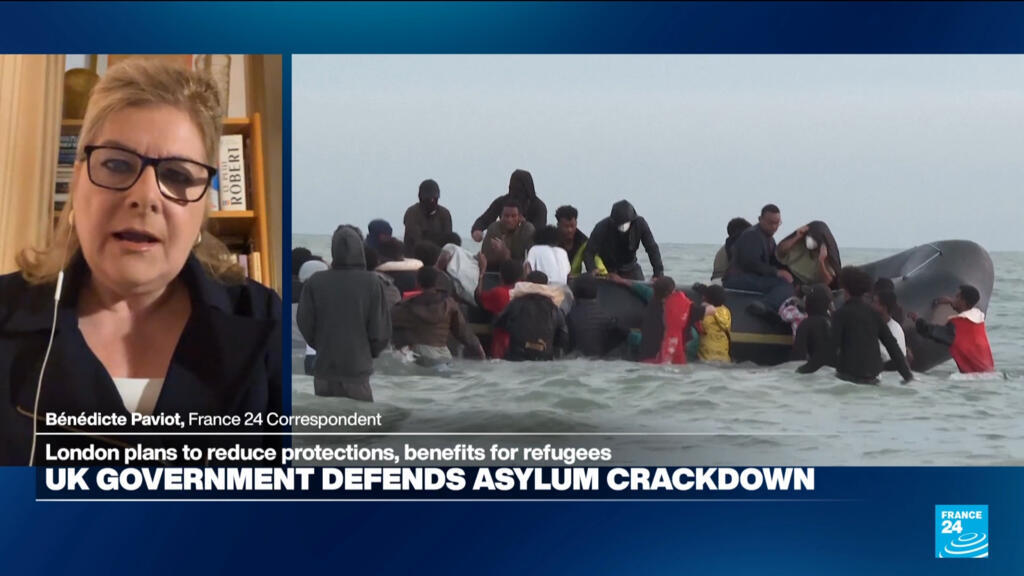Bristol's Interior Minister Defends Controversial Refugee Policy Changes
On Sunday, Britain’s Interior Minister defended the government’s plans to significantly reduce protections for refugees and eliminate automatic benefits for asylum seekers. The minister argued that the rise in irregular migration is "tearing our country apart," and such measures are necessary to restore order. The controversial proposals are modeled after Denmark's stringent asylum system, which aims to deter migrants from crossing the English Channel from northern France in small boats. These crossings have become a focal point of public debate and have contributed to rising support for the right-leaning Reform UK party, which prioritizes anti-immigrant sentiments.
The proposed changes have sparked significant backlash. Organizations such as the Refugee Council have critiqued the measures, labeling them "harsh and unnecessary." The charity emphasizes the potential humanitarian impact of these policies, arguing that they do not reflect Britain’s history of offering refuge to those in need. Critics within the political arena, particularly among left-wing lawmakers, are expected to mount opposition against the reforms. This dissent poses a challenge for Prime Minister Keir Starmer's Labour government, which is already facing internal strife and external pressures.
The proposed reforms come at a time of heightened political sensitivity surrounding immigration in the UK, where economic concerns and resource allocation are central issues. The situation has been exacerbated by the increasing number of migrants attempting dangerous sea crossings to reach safety and build new lives in Britain. These crossings have not only raised ethical questions but have also strained public resources and services, leading to calls for stricter immigration controls.
As the Labour government's position on immigration becomes more precarious, the reaction from various stakeholders remains to be seen. The tensions within the party regarding immigration policy could further complicate its governance, especially as it seeks to balance the needs of vulnerable populations against the demands of constituents clamoring for stricter border controls. The ongoing dialogue regarding these changes will likely shape the political landscape as Britain approaches future elections and reassesses its approach to asylum and immigration.












